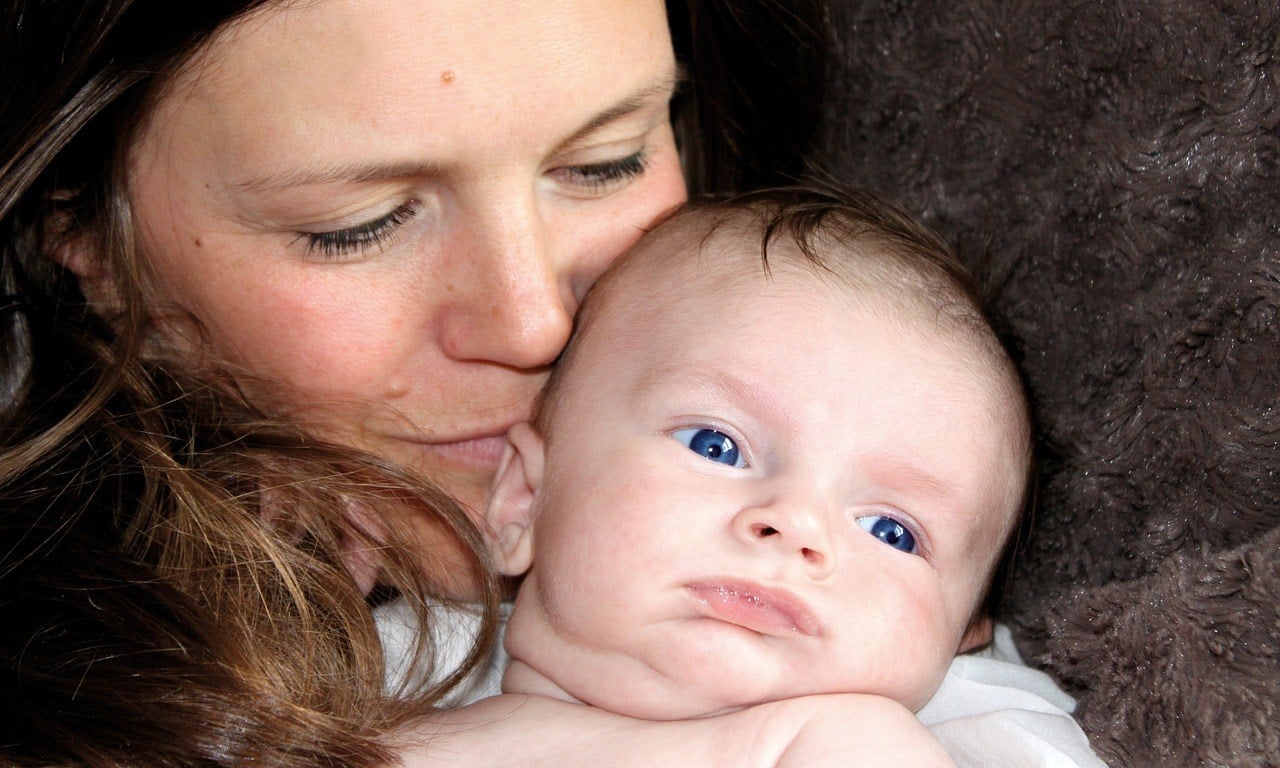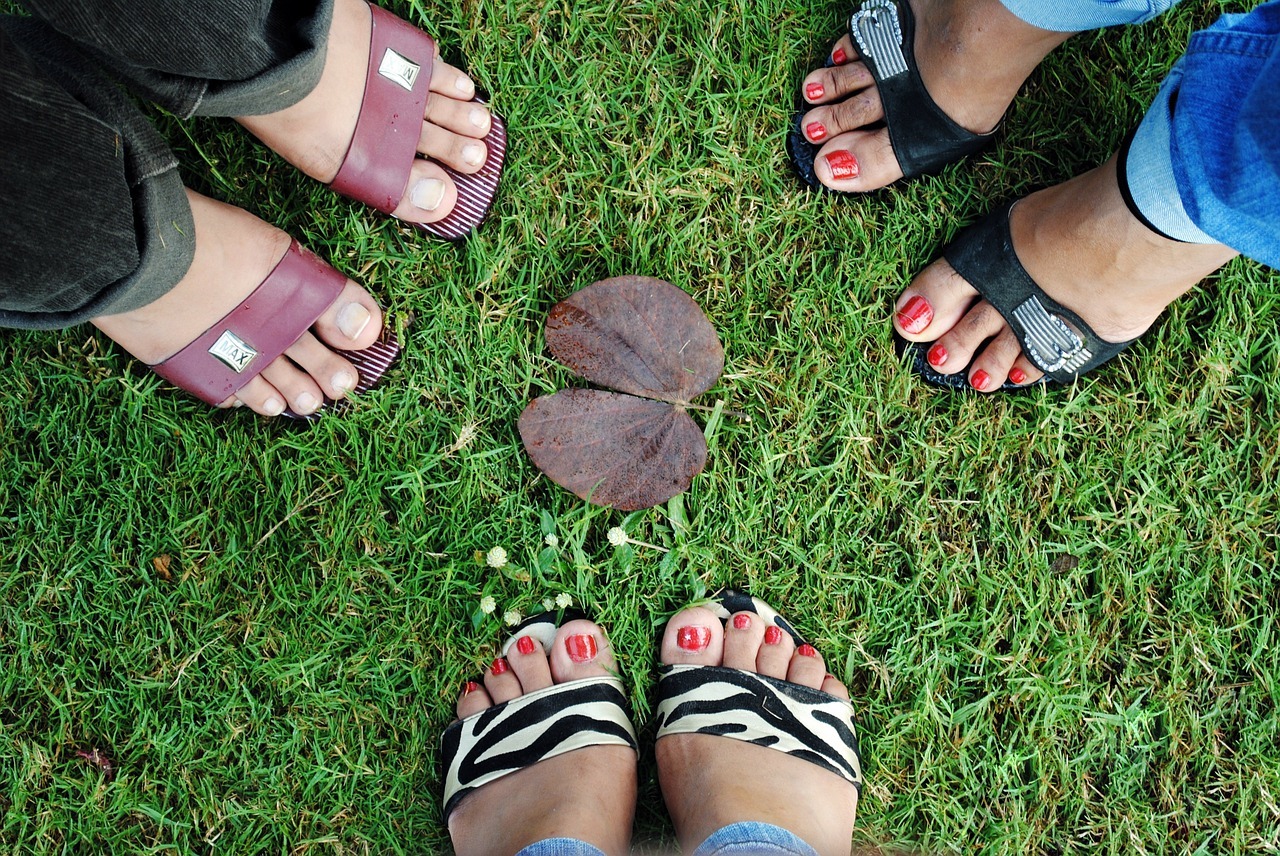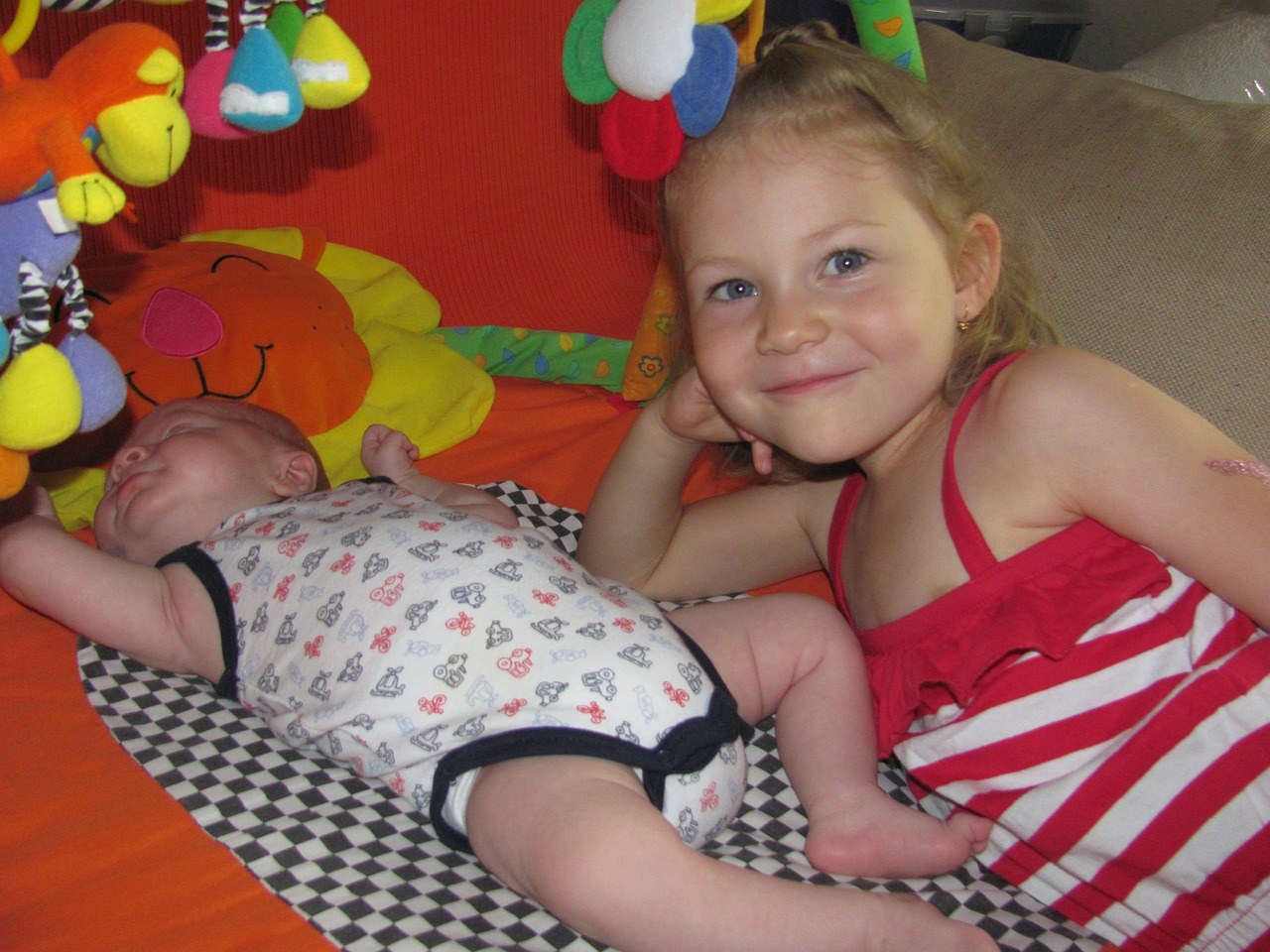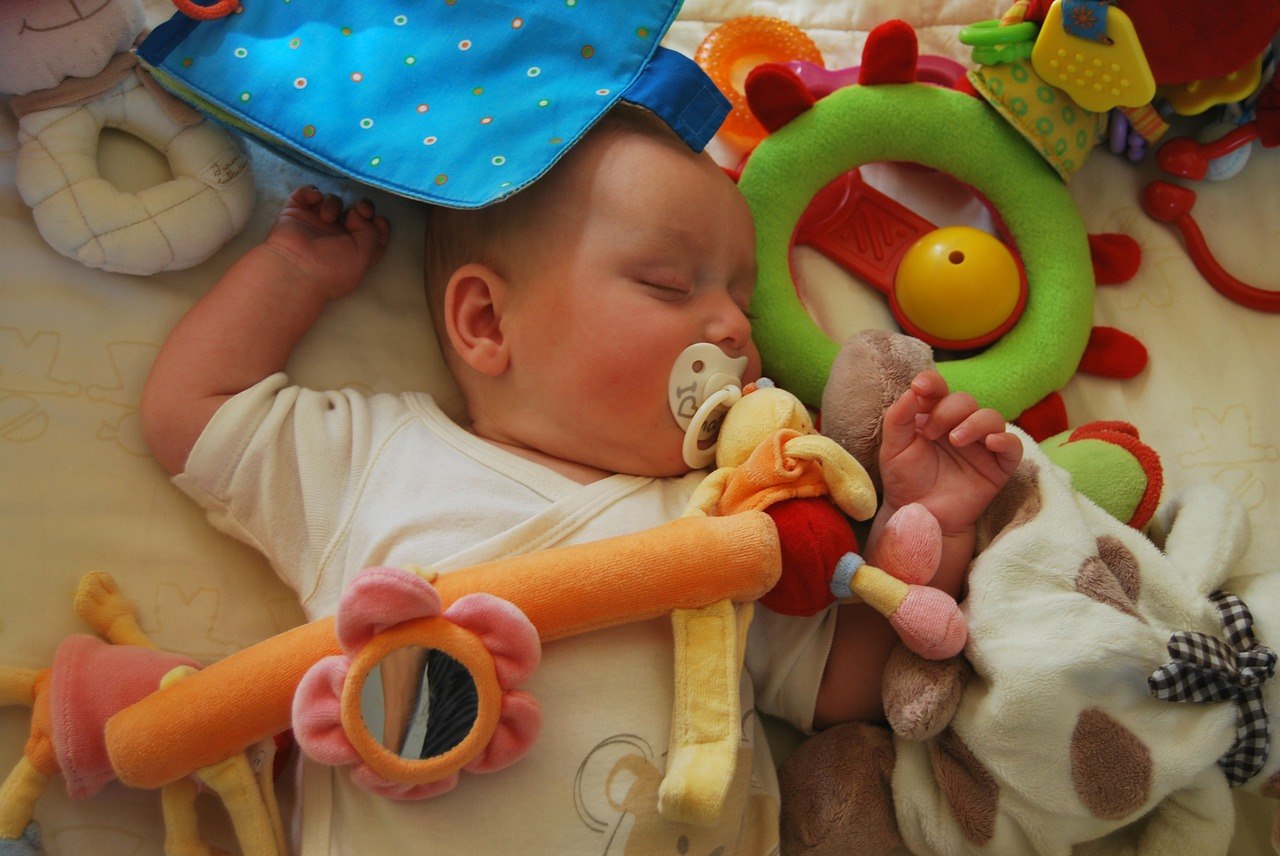Before your first baby is born you really don’t have a clue what it is going to be like, and people tend to underestimate how challenging it really is. My mum laughed when I said I would be a lady-of-leisure after Coby was born, after six children she knew better. It is a full-time job looking after a baby, more like two jobs as the job is 24 hours a day. However, it is a job you cherish, and you don’t think about the sleep deprivation or feel hard-done-by, because you have the most beautiful baby in the world to spend quality time with. I am going to share some parenting tips that I wish I had known eight months ago, before my baby was born.
1. Prioritize your newborn
It is incredible how quickly babies grow. Your newborn baby will be unrecognizable at six months old, so cherish every moment. It is a steep learning curve having your first baby and I think you need to focus on them to become the best parent possible. By prioritizing your newborn, hopefully, you nurture a more content baby.
2. Be flexible
Having a set idea of how things are going to be once your newborn has finally arrived might not work; all babies are different and need slightly different approaches. Also, once you are relaxed in a certain routine, your baby’s routine can change. You need to be flexible to meet his specific needs.
3. Learn what your baby’s needs are
The first few months are about learning what your baby needs at any one point. If your baby is upset you need to find out whether he is hungry, tired, too hot or cold, has a dirty nappy, overstimulated, bored, or simply afraid.
4. Relax, it gets easier
Everyone told me that the first two months were the hardest, and they were right. After a couple of months it feels more comfortable as you get to understand and respond to your baby’s needs. And after six months, again, it feels even more comfortable. I remember at five weeks having no clue how to get my baby to fall asleep, and that was challenging as it could take up to four hours of trying to settle him. That was tough.
5. Ask for help
Any help friends and family can provide in the first few months should be welcomed. Don’t be afraid to ask people if you need help; some people are just afraid to ask you if you need help.
6. Share the workload
If you have a partner, try and share the workload as fairly as possible. Just because your partner is working during the day doesn’t mean they shouldn’t help out in the evenings.
7. Reach out to other mums
Try and link up with other mums, as they can provide you with a huge wealth of practical information. Linking up with other new mums can also help prevent you from feeling isolated if you are home alone with a new baby.
8. Try breastfeeding
Breastfeeding provides the best nutrition for your baby, but it can take up to six weeks to learn. It isn’t always as easy as it is made out to be. If you want to breastfeed but it isn’t working out, you can easily express milk from a breast pump. Some people want to breastfeed but can’t because their milk supply is too low. One way to prevent that happening is to breastfeed or pump many times during the day, ideally every 3-4 hours, to keep your milk supply up.
9. Manage your baby’s sleep
I learned the hard way that it is best to have a sleeping routine for your baby. For the first six months my baby’s naps were only 30 minutes long, which isn’t long at all. After I took him on holiday we turned a corner as I was putting him in his cot for his naps, in his sleeping bag, and after a huge supply of milk. It worked. He now sleeps for an hour and a half, sometimes two full hours. It can be restrictive as you need to be at home and the naps happen at a specific time. If you miscalculate the timing, he can become overtired and unable to sleep. However, it is so important for him to sleep well, and it gives you a chance to recharge your batteries.
10. Manage your sleep
It is equally important to ensure you get enough sleep so you have the energy to look after your baby. If have a late night you can no longer have a long lie-in, and it is difficult to entertain your baby for the entire morning with very little sleep. When your baby naps during the day, you can nap too. This is sensible because your baby might be up during the night several times, which is exhausting.
11. Buy a baby monitor
Without a baby monitor, my baby would wake up and cry for many minutes before I would hear him, by which time he would be extremely distressed. Of course, this doesn’t lend itself to nurturing a happy baby. I would highly recommend buying a monitor if you don’t have one. If nothing else, it provides you with peace of mind.
12. Get scratch mitts
Your baby might need scratch mitts for the first six months of his life to prevent him scratching his face whilst sleeping. It might be better to get babygros with scratch mitts built-in, as the mitts can be too big or small and fall off.
13. A baby gym is useful
I bought a Fisher Price Neptune play gym and it has been the best investment. Coby played in his gym for the first six months daily, and would be happy playing in it for 30 minutes at a time. This gives you 30 minutes to wash and tidy up first thing in the morning, which is priceless. This particular gym is well-designed, as it has a black and white toy for newborns, and the other toys are primary colors. It also incorporates a teething toy and a musical slideshow.
14. Find sensory play classes
Young babies learn through sensory play, so if you can find a sensory baby class near where you live it would be great for your baby. These classes also give you lots of ideas for toys and activities suitable for your baby.
15. Simple toys are the best
Several people bought very sophisticated toys for Coby that were used briefly and then discarded. He seems to prefer simpler toys and regular household objects. For example, a good purchase was a foil blanket, which provided hours of fun. Before he was born I bought him some baby books but they were totally unsuitable as they were too wordy. If you buy books for your newborn, they should be in black and white and have one word per page.



























































